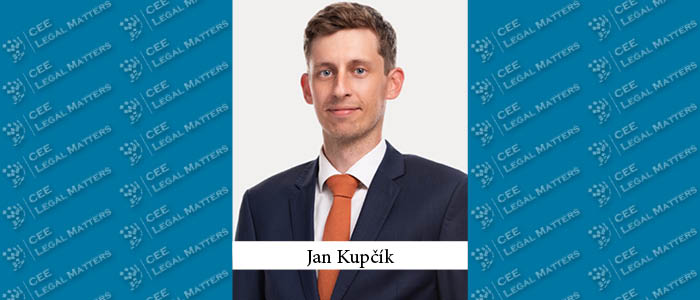Last week, the Czech Competition Authority ("CCA") blocked an acquisition of part of První novinová společnost a.s. ("PNS") by Česká pošta, s.p. ("Czech Post"). While it is impossible to foresee the exact future of merger control enforcement in the Czech Republic, what is clear is that the CCA with this decision, whether intentionally or not, has sent a message to the market that it is ready to take the hardest line on a merger if it raises competition concerns. We summarize main details of the case and additional thoughts on its impact below.
Both Czech Post and the acquired part of PNS deliver postal items to final addressees. The CCA reasoned that approving the acquisition would substantially distort market competition on a number of relevant markets: the delivery of ordinary mail, addressed and unaddressed direct mail, subscription distribution, and the delivery of printed items such as magazines.
In the delivery of ordinary and addressed direct mail the transaction would produce a monopoly, as Czech Post's principal competitor would exit the market. In addition, the concentration between the second and third most prominent players in the delivery of unaddressed direct mail would decrease competitive pressure, with the transaction also eliminating a potential competitor in subscription distribution and delivery of printed matter. If authorised, the concentration would thus potentially lead to a decrease in service quality and an increase in customer prices.
Outright blocking of a merger is a truly unique situation everywhere, including the Czech Republic. The last merger prohibition decision by the CCA dates back to 2005. Even though it was a single case surrounded by merger clearances, in the light of a more rigorous approach to merger control policy on the EU level, it could suggest a potential shift in the CCA's merger policy. Should we fear more hard-line decisions by the CCA in near future?
At this point it is difficult to say, as the decision has not yet been published and the factual background of the case has not been publicly released. It is worth noting, however, that the deal was notified already in 2021. It took more than a year and a half to reach the worst possible outcome of the merger proceedings, a prohibition of the concentration. We do not know whether the parties were prepared to offer any commitments, but if they were, it would be a sign of a stricter approach by the CCA, which has been very willing to accept commitments to address concerns over the past 20 years or so.
On the EU level, we have recently seen transactions being labelled as "problematic" even with no horizontal overlaps, suggesting a tougher approach to vertical mergers. Czech Post and PNS case is, on the other hand, mostly about horizontal overlaps, while it comes as no surprise that a former incumbent, Czech Post, still has a dominant position in certain markets. Therefore, this case would be a good candidate for a strict scrutiny also in the "old days" of more lenient merger control policy globally.
It will also be interesting to see how the case evolves, as the first-instance decision can still be appealed. As in all acquisitions, however, time is against the parties.
By Jan Kupcik, Attoreny at Law, Schoenherr


